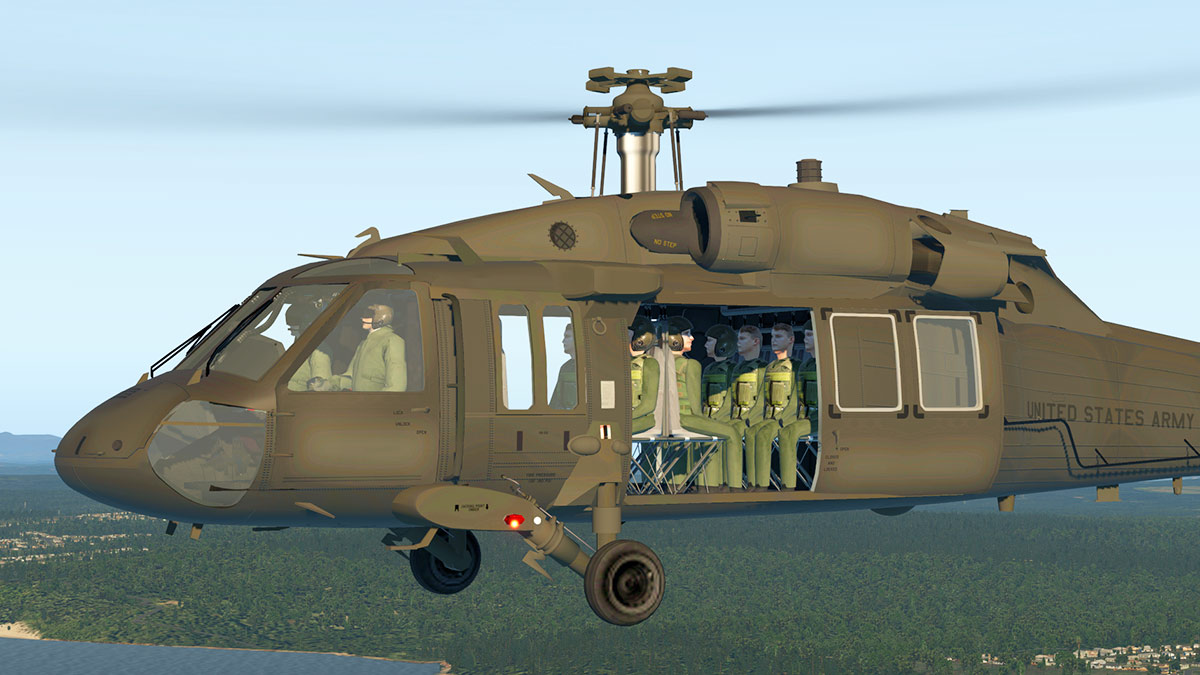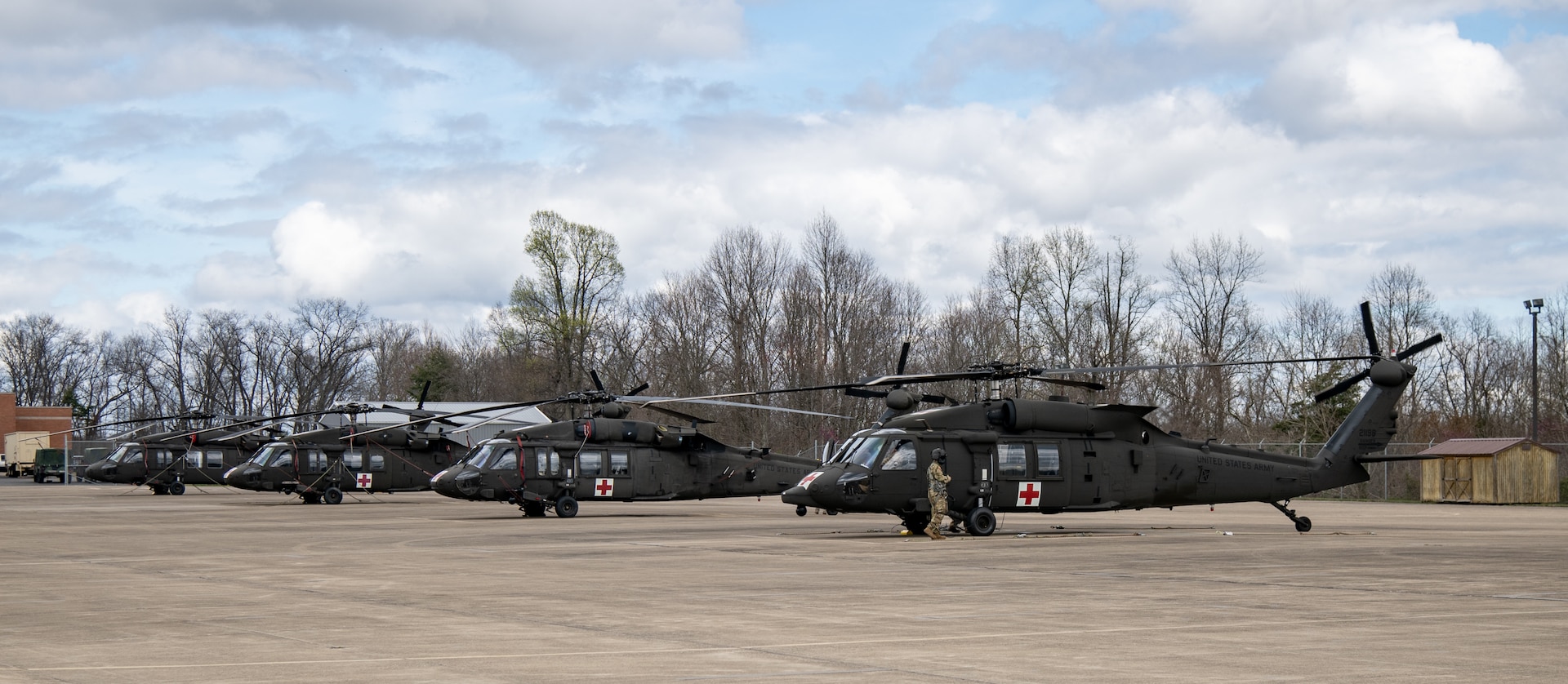UH 60 Helicopter: Advanced Avionics and Fight Equipments
UH 60 Helicopter: Advanced Avionics and Fight Equipments
Blog Article
The Duty of Airplane in Forming International Transport and Trade Dynamics
Through the facility of robust air freight networks, companies can now navigate global markets with amazing speed and agility, consequently redefining supply chain strategies. As we discover the multifaceted effects of aircraft on international trade, it is essential to take into consideration exactly how these factors will certainly shape the future landscape of aeronautics and its function in the economic situation.

Advancement of Air Transportation
The evolution of air transport has been marked by substantial technological advancements and technologies that have actually transformed the means people and items cross the world. From the Wright brothers' first powered trip in 1903 to the growth of supersonic jets, each milestone has actually highlighted the unrelenting pursuit of performance and speed in air traveling. Early aircraft were largely rudimentary, restricted by engine power and structural stability. The introduction of advanced materials and the rules of aerodynamics in the mid-20th century led to significant improvements in aircraft performance, security, and integrity.
The last component of the 20th century saw the emergence of business aviation as a feasible mode of transport, characterized by the intro of jet engines, which transformed air travel by drastically decreasing flight times. The rise of air cargo in parallel with traveler services has actually further highlighted the adaptability of aviation.
Influence On Global Profession
Air transportation has profoundly improved global trade by promoting the swift motion of items across substantial ranges. This expedited logistics ability permits businesses to respond swiftly to market demands, thereby improving supply chain performance. The ability to carry subject to spoiling goods, high-value items, and time-sensitive items has actually opened new markets and chances for numerous industries, considerably affecting profession patterns.
In addition, the development of air cargo networks has promoted globalization, allowing business to resource products and products from various components of the world perfectly. This interconnectedness minimizes preparations and prices, permitting organizations to continue to be competitive in a progressively international industry. Additionally, air transport plays an important function in ecommerce, where customer assumptions for rapid distribution have actually driven a rise in need for air products solutions.
The impact of aircraft on worldwide trade prolongs to the development of tactical trade routes, connecting areas and facilitating worldwide partnerships. Countries that spend in air transportation framework commonly experience improved financial development and enhanced international straight financial investment. Overall, the development of air transport has not just changed the logistics landscape but has also become an essential element in the dynamics of global trade.

Economic Advantages of Air Travel
A robust air travel sector produces considerable financial advantages, adding to job production, tourist, and overall financial growth - uh 60. The air travel sector supports numerous work globally, ranging from straight work in airline companies and flight terminals to indirect functions in fields such as hospitality, transportation, and logistics. According to market reports, for every task in the air travel market, around 3.5 added jobs are developed in the more comprehensive economic situation
Tourism is an essential component of the economic benefits obtained from air travel. Air traveling facilitates international tourist, allowing travelers to explore diverse destinations, which consequently boosts neighborhood Full Article economies. Countries that invest in their air travel facilities usually experience increased tourist arrivals, resulting in higher costs on services such as restaurants, tourist attractions, and hotels.

Moreover, aeronautics improves worldwide connectivity, enabling businesses to access brand-new markets and sources effectively. This connectivity promotes global profession, enabling for the fast movement of items, which is essential in today's globalized economic situation. Consequently, sectors such as ecommerce and manufacturing benefit immensely from reliable air transportation, additional driving economic expansion. Generally, the aeronautics market continues to be a foundation of financial site vitality, emphasizing its integral function in forming modern-day economies.
Challenges Facing the Aeronautics Sector
Browsing a complicated landscape of governing, environmental, and economic obstacles, the aviation sector faces considerable hurdles that threaten its sustainability and growth. Rules surrounding safety and security and safety and security are continuously progressing, necessitating recurring conformity and adaptation from airline companies and producers (uh 60). This can lead to enhanced operational expenses and source allowance that diminishes innovation and expansion efforts
In addition, ecological concerns have become critical, with growing examination over carbon discharges and environmental pollution. The sector is under stress to adopt greener technologies and practices, which typically call for substantial investment in r & d. Balancing these environmental obligations with the need for flight provides a significant difficulty.
Financial changes, such as increasing gas rates and geopolitical uncertainties, further complicate the landscape. Airline companies often face volatile operating expenses and fluctuating traveler need, which can impact productivity and lasting preparation. Labor scarcities and skill spaces in essential locations include another layer of complexity, impeding operational efficiency.
Inevitably, resolving these complex difficulties is essential for the aviation sector to keep its essential function in worldwide transportation and profession, while making sure resilience and flexibility in a progressively open market.
Future Fads in Flight
Arising innovations and changing customer choices are positioned to reshape the future of air traveling dramatically. The combination of artificial knowledge and artificial intelligence is anticipated to enhance operational effectiveness, improve airport terminal processes, and enhance customer support. Anticipating analytics will certainly facilitate a lot more accurate need forecasting, enabling airlines to enhance trip timetables and prices versions.
Sustainability is becoming a crucial driver in flight, with the aeronautics industry significantly concentrated on lowering carbon discharges. Technologies in aircraft style, such as electric and hybrid propulsion systems, are being checked out to fulfill environmental targets. Additionally, the fostering of lasting aviation fuels (SAFs) is anticipated to play a crucial duty in attaining net-zero emissions by 2050.
Customer choices are shifting towards personalized traveling experiences. Airlines are investing in important source innovative information analytics to tailor services and enhance consumer engagement, making sure an extra customized journey from reserving to arrival. In addition, the rise of remote job might lead to enhanced demand for leisure travel, as individuals look for to incorporate job and trip.
Verdict
Finally, airplane dramatically affect international transport and trade dynamics by facilitating rapid activity and boosting supply chain performance. The development of air transportation has changed global profession, generating substantial financial advantages while likewise offering difficulties that need strategic management. Future trends show an ongoing reliance on aviation for commerce, underscoring its integral duty in globalization and financial growth. The recurring adjustment of the air travel industry will certainly be necessary for sustaining its contributions to the global economic situation.
The last component of the 20th century saw the emergence of industrial aeronautics as a practical setting of transport, identified by the introduction of jet engines, which reinvented air travel by drastically reducing trip times. The surge of air cargo in parallel with traveler solutions has even more emphasized the flexibility of aviation. In addition, air transport plays a crucial function in e-commerce, where consumer expectations for rapid delivery have driven a surge in need for air products solutions.
Overall, the evolution of air transportation has not just changed the logistics landscape but has also end up being an essential component in the dynamics of worldwide profession.
Sustainability is coming to be a key chauffeur in air travel, with the air travel market significantly focused on minimizing carbon emissions.
Report this page